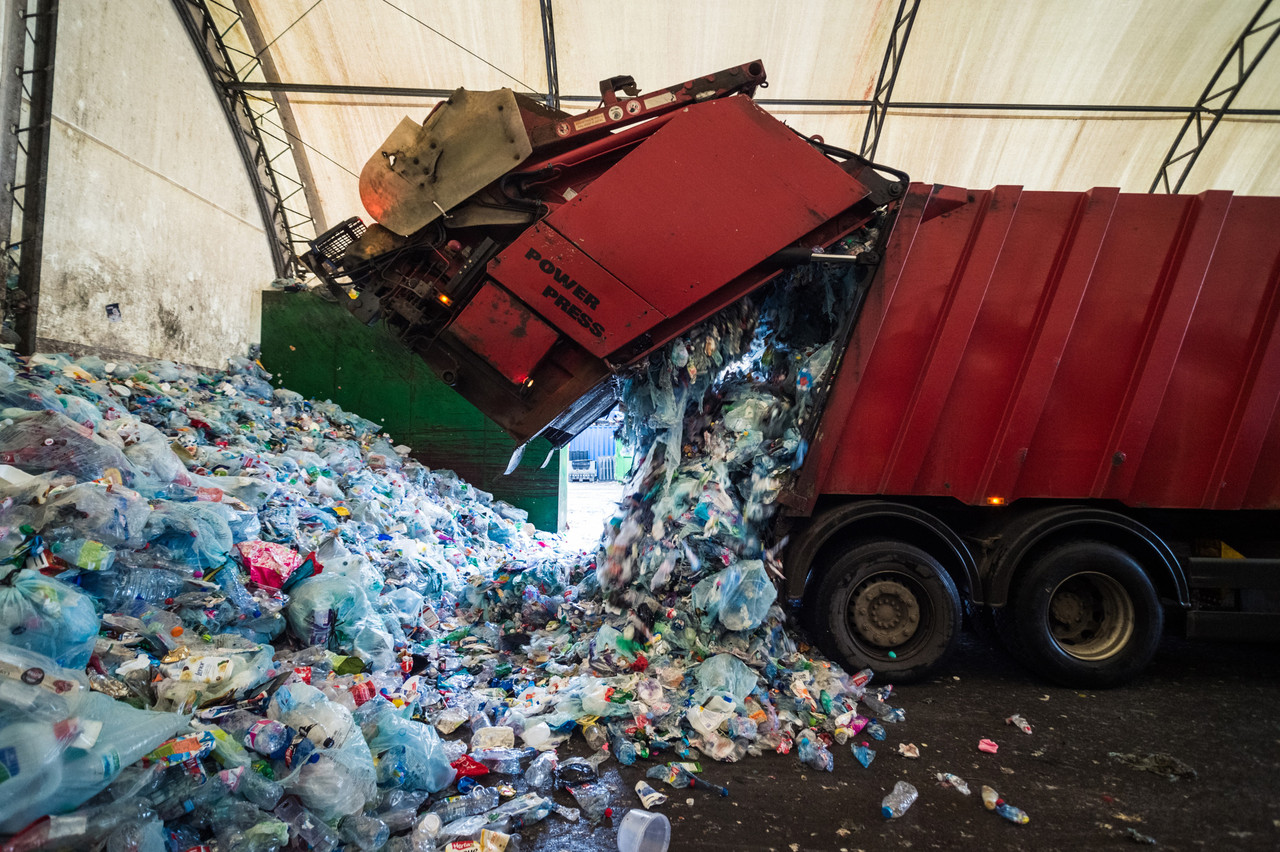An estimated 380m tonnes of plastic are produced each year and this number is expected to triple over the next three decades. Problematic packaging and ineffective sorting methods mean most of this plastic waste is not recycled and instead released into the natural environment through incineration or landfills.
Mortimer said the situation is dire. “There are health implications for communities. There’s the accidental release into oceans and waterways. There are microplastics that are now emerging. There are all these externalities which are not being absorbed by the entities that are putting the plastic on the market.”
She warned that if governments and industry don’t act now to reduce plastic production, they will almost certainly miss their carbon budget by 2050. The Intergovernmental Panel on Climate Change, a UN body that provides scientific evidence on climate change, that global emissions must not exceed 430bn tonnes of CO2 in order to limit global warming to 1.5°C with a probability of 67%.
If plastics continue to be produced at the forecast rate it will use up 15% of the carbon budget, Mortimer warned. “That’s just not possible when you think about the competing needs, the increasing population, the energy requirements that we need just for heating. We can’t allow plastics to utilise that much of our carbon budget.”
Mortimer’s comments were made ahead of this year’s Climate Finance Forum organised by the International Climate Finance Accelerator (ICFA), a public-private partnership set up in 2018 under the Luxembourg Climate Finance Strategy. Archipelago Eco Investors is a cohort of the ICFA.
The crazy thing is most refuse facilities don’t really know the makeup of their waste. This data is so valuable to them.
More investment needed
Part of the problem is a lot of plastic that enters the market simply cannot be recycled. According to latest from the OECD, only 9% of plastic waste is currently recycled. Mortimer said recycling solutions don’t exist for certain types of plastic such as aluminum, rigid plastics, toys, kettles and microwaves, while others that contain blends of different plastic cannot be separated.
European regulations aim to make new plastics produced easier to recycle so that they can be reused in the circular economy. In 2019, the EU introduced a ban on single use plastics and new rules requiring plastic bottles to contain at least 25% of recycled content by 2025 and 30% by 2030. But Mortimer estimates that roughly €8bn of investment is needed over the next few years to meet the EU’s regulations for recycling alone.
AI tech can advance recycling
Breakthroughs in technology present an opportunity for impact investors to get involved and finance potential solutions. This is the goal behind the Future of Plastics Fund, a new circular economy impact fund established by Archipelago Eco Investors. Last year, the fund made a first investment into Greyparrot, a waste recognition system that uses artificial intelligence technology to sort and manage plastics and other waste systems.
Greyparrot uses its databank of 10bn images to recognise waste materials such as plastics, including when they are dirty or crushed. Mortimer said the technology could be integrated into conveyer belts and air blowing sorting machines to separate plastic waste so they can be recovered and placed in homogenous silos. “The crazy thing is most refuse facilities don’t really know the makeup of their waste. This data is so valuable to them.” Mortimer said. The data can also be fed back to governments and companies to inform them what material has entered the municipal refuse facilities and what has happened to it.
Plastics treaty in progress
Fresh talks are currently under way in Paris on a potential global plastics treaty. Last year, the UN Environment Programme’s Intergovernmental Negotiating Committee on Plastic Pollution agreed to develop a legally binding treaty that covers the full lifecycle of plastics, from production to disposal.
While there is consensus on the need for a global solution to tackling the plastic crisis, not all parties agree on the solution. Business leaders such as GreenBiz chairman Joel Makower have said the . However, Greenpeace has warned that recycling plastic can make the substance more toxic and should not be considered a solution to the plastics crisis. A found that anywhere between 6 to 13% of plastic processed could end up being released into water of the air as microplastics.

